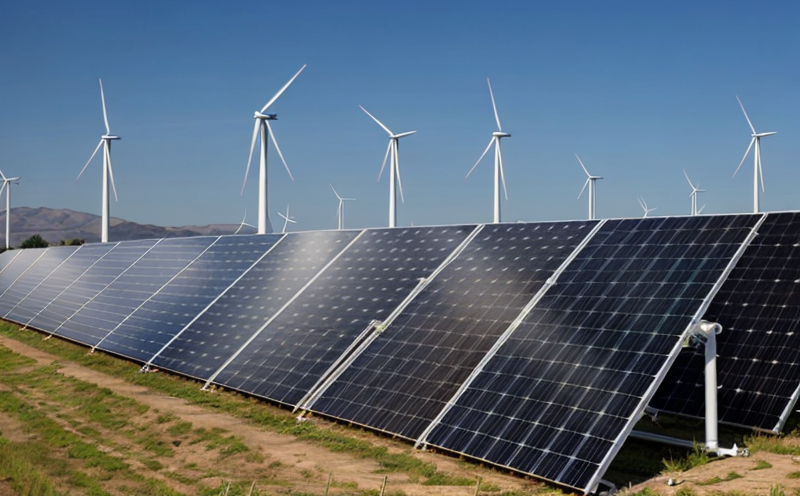EN ISO 12100 Functional Safety Testing of Renewable Equipment
The EN ISO 12100 standard is a cornerstone in ensuring functional safety within the renewable energy sector. This standard provides guidelines for the design, construction, and operation of machinery that could potentially lead to risks due to faults or malfunctions. In the context of renewable energy systems, particularly wind turbines, solar PV arrays, and other complex equipment, compliance with EN ISO 12100 ensures that these systems are safe under both normal and fault conditions.
The standard focuses on risk assessment, functional safety requirements, design considerations, and validation. It emphasizes the importance of identifying hazards early in the development process to implement necessary measures for safety throughout the lifecycle of a renewable energy system. This approach helps minimize the likelihood of incidents that could compromise personnel or environmental safety.
EN ISO 12100 is applicable not only to standalone equipment but also to entire systems, ensuring that all components work harmoniously towards achieving functional safety goals. Testing must be conducted by qualified laboratories equipped with state-of-the-art facilities and trained professionals who understand the intricacies of renewable energy technologies.
One critical aspect of EN ISO 12100 is its emphasis on continuous improvement through regular audits and updates to safety documentation. This ensures that as technology evolves, so too does our ability to maintain high standards of functional safety in renewable energy systems.
| System Component | Risk Identification Steps | Safety Measures Implemented |
|---|---|---|
| Wind Turbine Blades | Analyze weather patterns and material properties. | Incorporate advanced materials and monitoring systems for early fault detection. |
| Solar PV Panels | Evaluate environmental stresses during installation. | Use robust connectors and protective coatings against corrosion. |
| Battery Storage Systems | Assess thermal management needs under various operational conditions. | Implement temperature control mechanisms to prevent overheating incidents. |
Industry Applications
- Wind Turbines: Ensuring safe operation under varying environmental conditions.
- Solar Photovoltaic Arrays: Reducing the risk of electrical hazards during installation and maintenance.
- Battery Storage Systems: Mitigating risks associated with overcharging, short circuits, or thermal runaway.
Customer Impact and Satisfaction
Compliance with EN ISO 12100 not only meets regulatory requirements but also enhances customer confidence in the reliability and safety of renewable energy systems. By adhering to these standards, manufacturers demonstrate their commitment to quality and safety, which ultimately leads to higher satisfaction among end-users.
Furthermore, meeting such stringent standards can open doors to international markets where adherence to specific standards is a prerequisite for entry. This global recognition adds value to the brand image of companies involved in renewable energy solutions.
International Acceptance and Recognition
- Australia: Adherence to AS/NZS ISO 12100:2015.
- New Zealand: Compliance with NZS ISO 12100:2014.
- United Kingdom: UK adoption of BS EN ISO 12100:2017.





